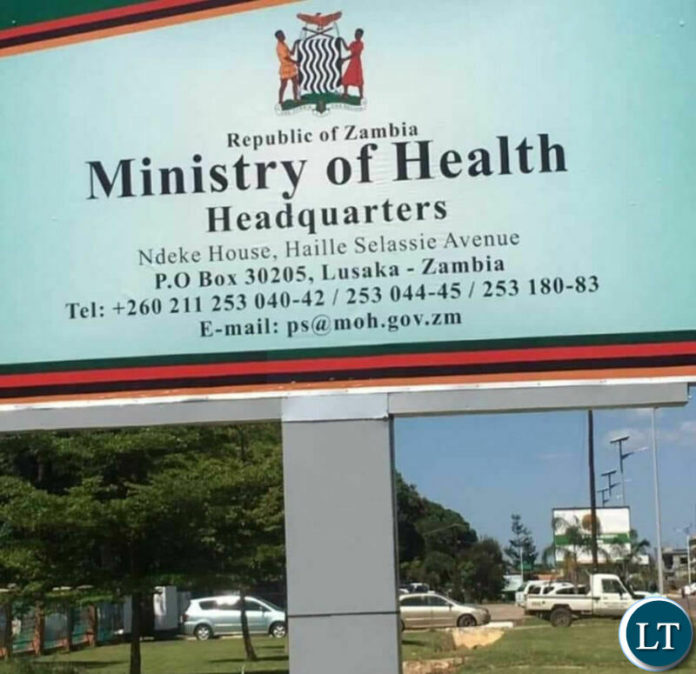Munsanje Calls for Decentralized Health Hiring to Empower Local Volunteers
Lusaka, Zambia – Health consultant and public sector advocate Joseph Munsanje has urged the Ministry of Health to overhaul its recruitment strategy by decentralizing hiring processes and integrating long-serving local health volunteers into the national health system. In a clear message directed to authorities, Munsanje argued that Zambia is missing an opportunity to strengthen healthcare delivery by sidelining grassroots workers who have already proven their commitment on the ground.
Speaking during a community engagement forum, Munsanje pointed to the large number of volunteers currently operating in understaffed health facilities across the country particularly in rural and peri-urban areas,who receive little recognition or institutional support.
“My message to the Ministry of Health is to decentralize the recruitment process and ensure that us, the consulting officers, are involved because we have a database of all the volunteers working in our health centers,” he stated. “We would like these people, who are already used to those conditions, to continue.”
Zambia’s healthcare system continues to face significant staffing shortages, particularly in rural and high-poverty regions. While government recruitment drives have been ongoing, critics say they are often top-down, inefficient, and disconnected from the real human resource needs of local health facilities.
Munsanje argues that consulting officers,professionals who work directly with these communities should play a pivotal role in selecting candidates during recruitment. “We have so many of them,” he said, referring to the community health volunteers who have for years offered unpaid labor, clinical assistance, and outreach without being absorbed into the formal workforce.
Public health experts say Munsanje’s proposal could transform community health outcomes. By integrating local volunteers who already understand the cultural and logistical nuances of their regions, the Ministry could reduce training time, increase retention, and improve trust between citizens and care providers.
“This is about continuity,” Munsanje emphasized. “These individuals are not new to the work. They’ve been there. They’ve served. They understand the dynamics, and they have earned the right to serve more formally, with dignity, support, and compensation.”
Recent studies from the Zambia Health Workforce Observatory show that more than 3,000 trained yet unpaid volunteers operate across rural health posts, offering services ranging from maternal care to HIV/AIDS awareness. However, few are selected during national recruitment processes, often because hiring is centrally managed in Lusaka or provincial capitals.
“The system needs to catch up with the reality on the ground,” said Dr. Lillian Chileshe, a healthcare policy analyst. “There’s a wealth of human capital already serving communities. Formalizing their role is not only efficient , it’s humane.”
The Ministry of Health has recently announced plans to hire thousands of health workers in the 2025–2026 cycle, but it remains unclear whether the process will incorporate decentralized decision-making. In past recruitment drives, there have been widespread complaints about delayed postings, underrepresentation of rural districts, and a lack of transparency in candidate selection.
Munsanje’s remarks reflect growing calls from civil society and professional health bodies to shift policy toward localized decision-making. Proponents say doing so would not only empower frontline health workers but also promote accountability and reduce the burden on national bureaucracies.
“This is a challenge to the Ministry,” Munsanje concluded. “Support those who are already committed. Let’s make sure the people who are serving our communities are not forgotten. Because in the end, we all benefit when our health system works from the ground up.”
As Zambia grapples with the twin pressures of a growing population and limited health sector resources, decentralization, once seen as a policy buzzword — may now be the practical solution that bridges the gap between overstretched national systems and the communities they aim to serve.



Decentralization is the way forward for every sector. Centralization is a colonial.
Comments are closed.